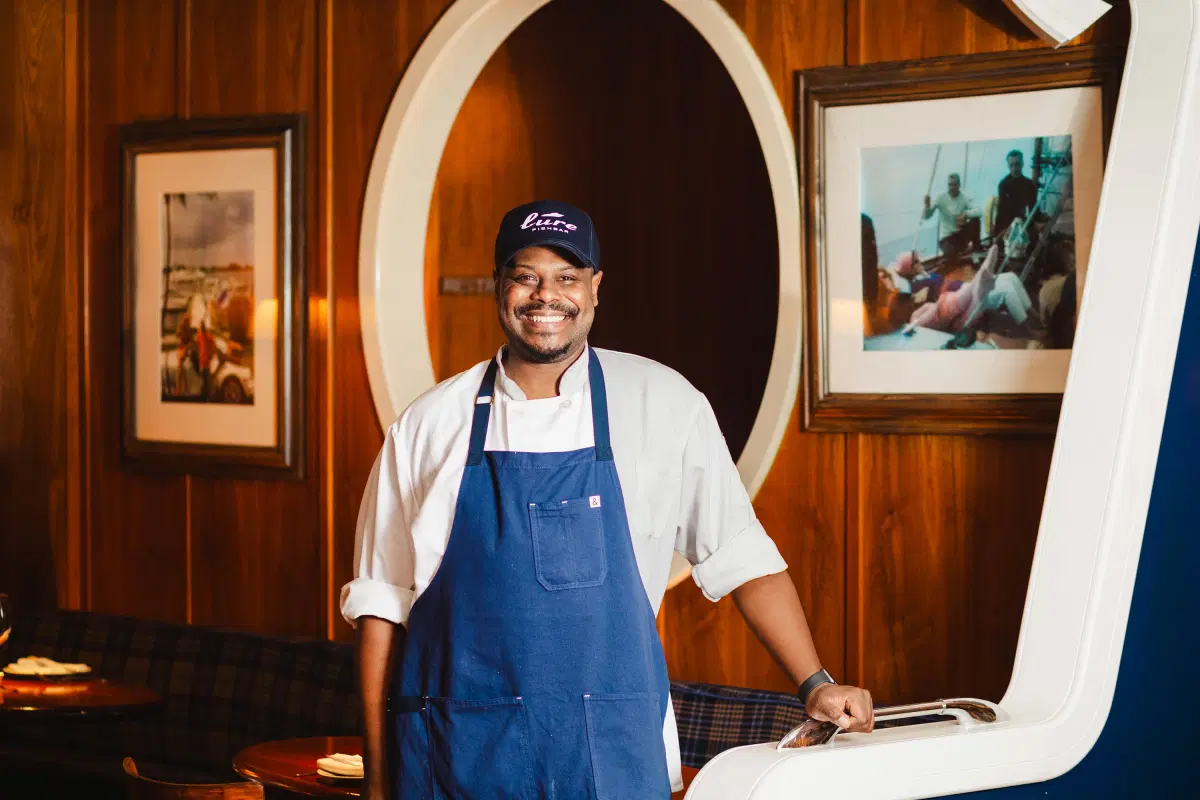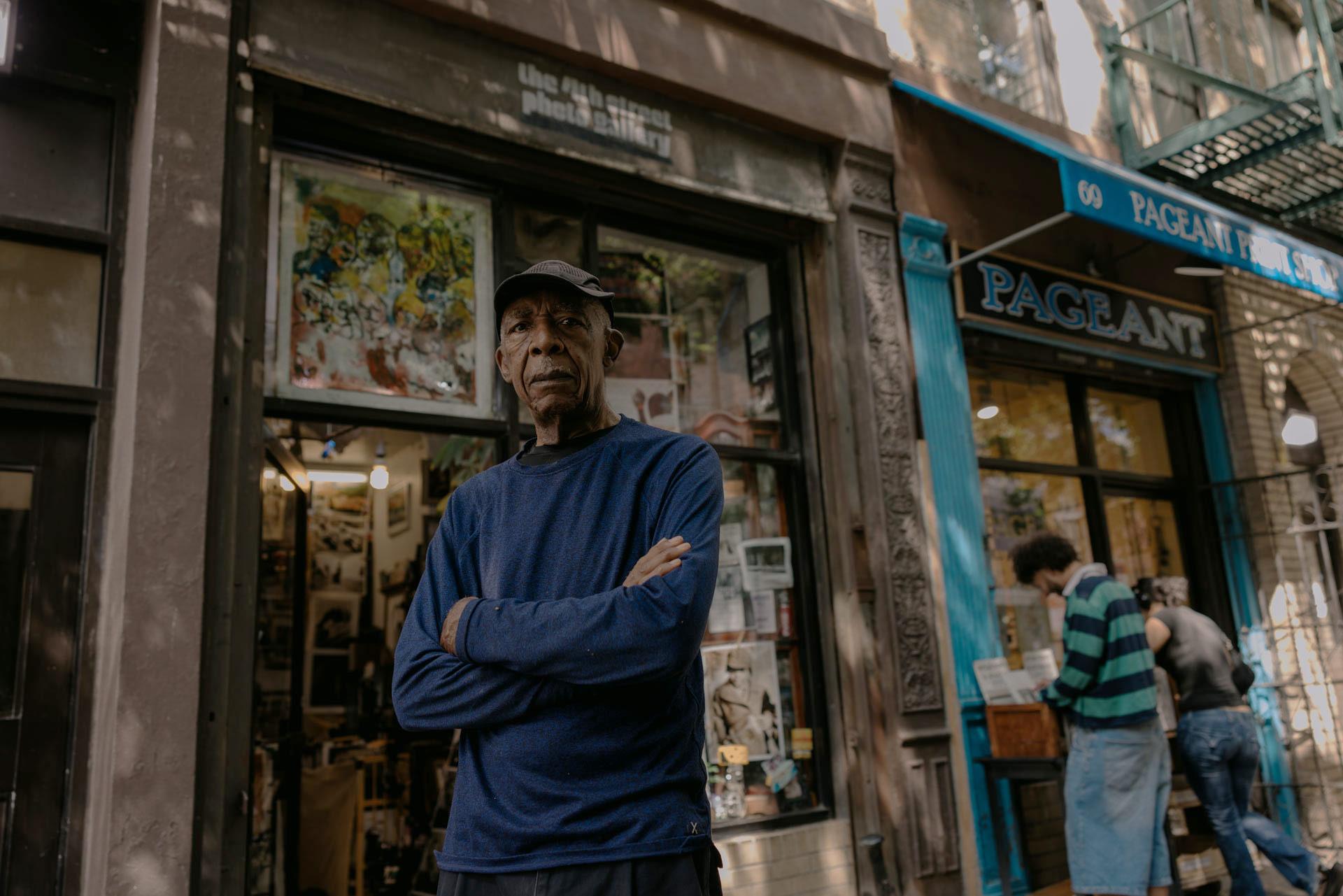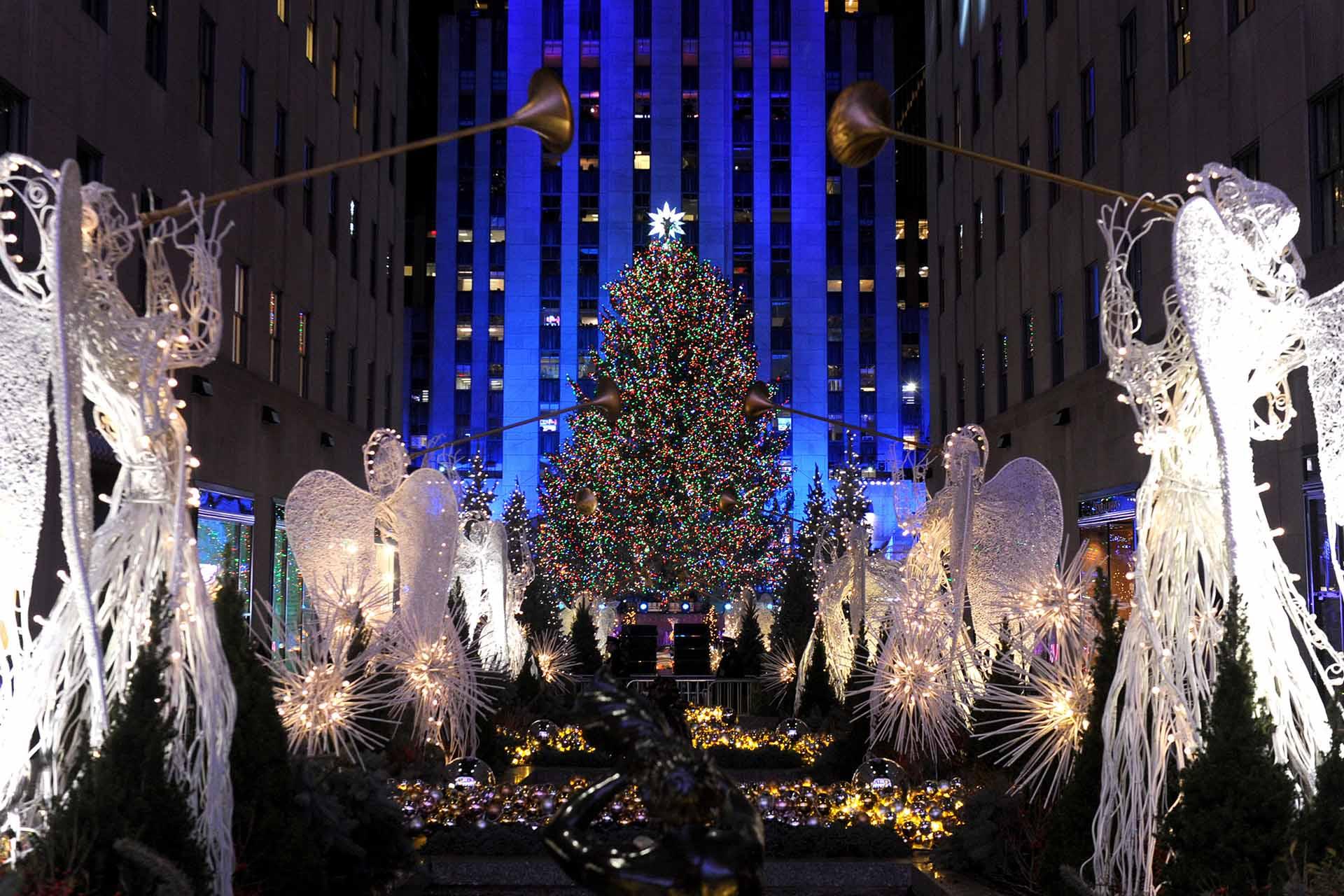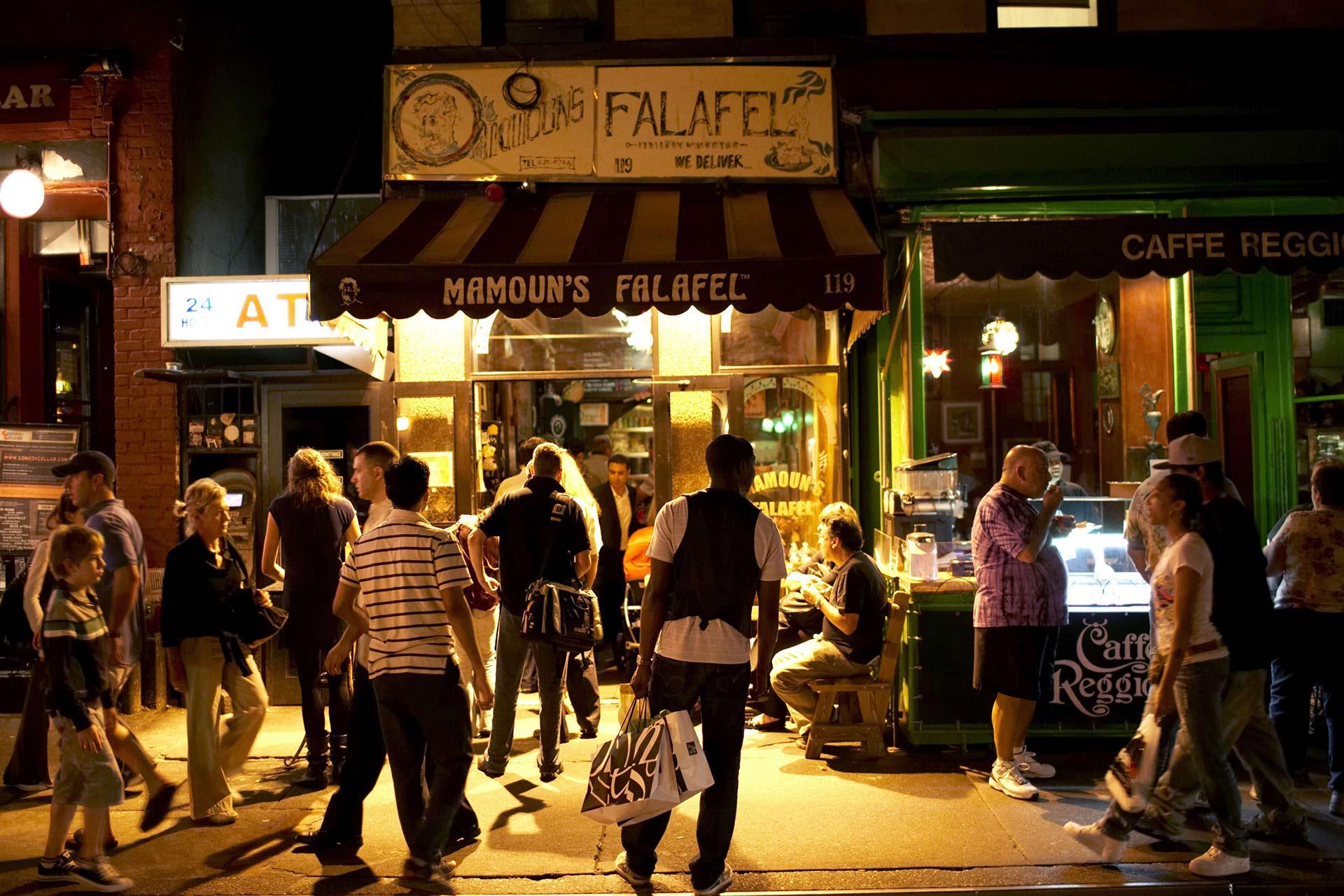As a third-generation chef, Preston Clark—whose father, the late Patrick Clark, was the initial chef at NYC’s Odeon and later became the first Black chef to win a James Beard Award—balances his experience growing up in the culinary world with the methods and flavors that inspire him. That mix has allowed him to forge his own legacy.
Clark is the executive chef at Lure Fishbar, where he regularly displays what he’s picked up from home, culinary school and various kitchens across the country—including a few of Jean-Georges Vongerichten’s, here in the City. His imprint is clear throughout the eclectic, seafood-based menu, which features fare like sea urchin bucatini, crispy oyster-deviled eggs and branzino sliders.
We sat down with Clark to talk about the culinary scene in New York City, family traditions, his restaurant and what’s next for him.

What are you most proud of in your culinary career?
Preston Clark: I always dreamed of being a New York City chef; I think that that’s probably one of my biggest accomplishments. I was born in Manhattan and moved around a bit, but I am very excited that I’ve been here for as long as I’ve been here—about 10 years—and really proud that I’ve been able to hold this corner down for that long.


What do you think makes the culinary scene in New York City so special?
PC: I’ve been a chef in other cities. I opened up a restaurant just north of San Francisco. I’ve worked at a couple of kitchens in DC. But New York City is special because I have a bit of family legacy here. Both my parents are from New York and I was born in New York. As I was growing in the culinary world, it was always impressed upon me that New York is kind of the mecca of restaurants, dining and hospitality. The famous restaurants you’ve been hearing about forever were in New York.


What do you love most about working at Lure Fishbar?
PC: I enjoy watching my staff excel, and I love repeat customers. Even though sometimes they come for a very specific dish and get mad if I’ve changed the menu. But I’m happy I have the flexibility to change some things here and there. It’s very important to keep the restaurant exciting and introduce people to new flavors. And in my very humble experience, usually when I put the next plate down in front of them, they’re pretty excited.

Crispy Asian snapper

Sea urchin bucatini
What are some of your guests’ favorite dishes?
PC: Crispy Asian snapper. That’s the first thing I made on the menu when I started. Guests also love the sea urchin bucatini.

Your father was the first Black man to win a James Beard award. Sometimes people run away from the legacy of loved ones who excelled in their same chosen field. Was there ever a time you did that?
PC: Not at all. I always leaned into it. Growing up I didn’t realize that he was a James Beard Award recipient or its significance; I just knew my dad was a chef. I started going to work with him when I was very young—9 or 10 years old. He was everything that I thought a man, and a Black man, was supposed to be. It was that example that has been one of the guiding points of my life—both my parents for that matter. My mother also went to culinary school. She was like, “When you get to that culinary school, you better make sure you ask them how to boil water!” Years later I realized why that was such great advice. It’s just a good way to be—a humble person open to learning.
Once I got to culinary school, I really started to grasp what my father symbolized and seeing people gasp and look at me when they found out who he was. I started to understand the impact of it a little bit more than just, you know, my dad who cooks dinner on Sunday night. My father was a great chef and so was his father before him.

Shishito peppers.
Aside from New York City, what places have inspired your cooking style?
PC: Southeast Asia. That comes from my time with Jean-Georges Vongerichten. That was the part of my culinary training where I really got to explore the different flavor profiles in that region. So lemongrass, Thai chili, incorporating soy into cooking, different kinds of rice vinegars, coconut milk and soups—that really expanded my horizons.
I was also French trained, which taught me to focus on the raw products and the different techniques. Once you do that, you can start to apply different flavor profiles from different regions of the world.

Besides your father, are there any chefs in the space that sort of inspired you or you look(ed) up to?
PC: Oh, absolutely. Chef Joe Randall. I did my externship with Marcus Samuelsson—I’ll always look up to him. Marvin Woods, another great friend of mine. Paul Carmichael. And then you have all of my mentors that I’ve worked with: Jean-Georges, Michael Lomonaco, Charlie Trotter.
Do you have any big goals for the future?
PC: In my work as a chef I always try to strive to better myself, even if it’s just by 1 percent every day. Besides that, I’m really focused on raising my son. He’s 12 years old and his name is Christian; he is the light of my life and he’s a genius.

Lure Fishbar. Photo: Lanna Apisukh
Does your son follow you around the kitchen? Is there going to be another chef in the family?
PC: I don’t know, we’ll see! I don’t even know if I’d let it happen. I’m kind of like, he better go to law school or go to medical school [laughs]. He definitely knows how to cook, but I’m not going to put him on the line like I was at his age.
This article was published on our Savor NYC content hub, sponsored by Mastercard.






